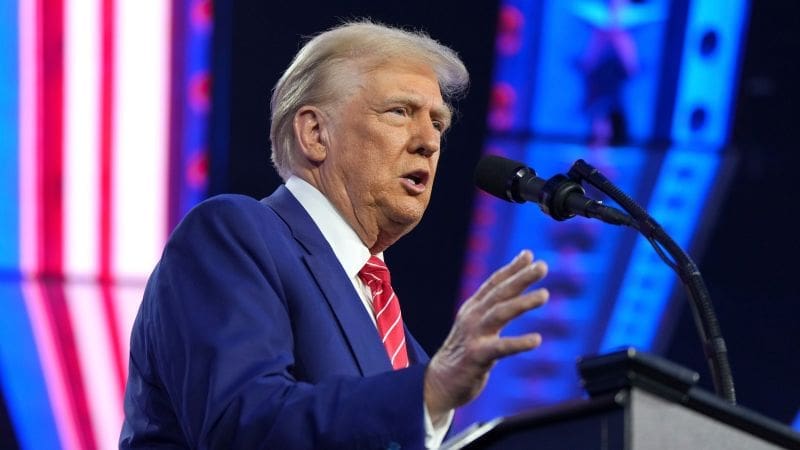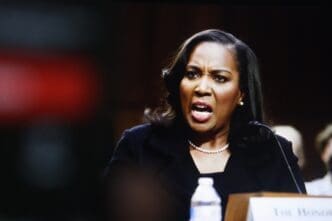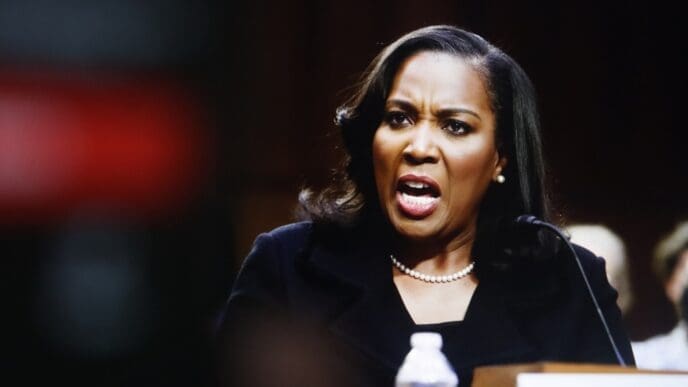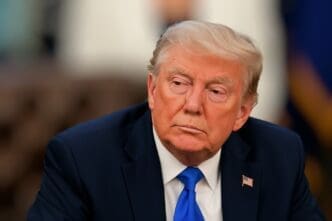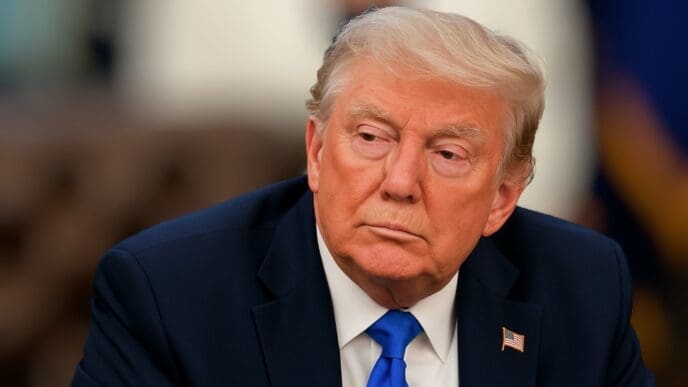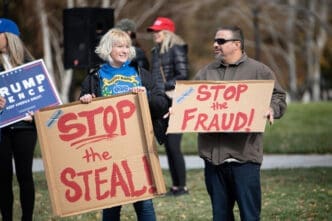Trump voiced his intention to reconsider the transfer of control over the Panama Canal back to Panama, a move that took effect in 1999 following a treaty signed during President Jimmy Carter’s tenure. Trump’s comments suggested dissatisfaction with the current management of the Canal, which he termed as an unfair economic relationship, and indicated his desire for re-negotiation. Panama’s President José Raúl Mulino responded by asserting the Canal’s rightful ownership by Panama, emphasizing that the country’s sovereignty is non-negotiable. Mulino urged a focus on shared concerns like illegal migration and crime.
Another focal point of Trump’s speech was his planned dialogue with Russian President Vladimir Putin. Trump expressed eagerness to engage with Putin to negotiate an end to the ongoing conflict in Ukraine, which he considers a priority for his administration. Putin’s receptiveness to these talks was noted as both leaders seemed inclined to address the situation.
On domestic issues, Trump defended entrepreneur Elon Musk against claims of excessive influence within the government. Musk has been criticized for his role in a recent political maneuver that disrupted a bipartisan funding bill. Trump dismissed these criticisms, expressing admiration for Musk’s accomplishments, particularly with SpaceX, while categorically ruling out the idea of Musk stepping into a presidential role, referencing Musk’s non-native status as a barrier.
Addressing cultural topics, Trump criticized the renaming of Mount McKinley to Denali, a decision made to honor Alaska’s indigenous heritage. He linked this name change to a broader critique of ‘woke’ initiatives, which he claimed are undermining American traditions. Trump’s remarks included a vow to reverse such changes, including restoring names of military bases that have seen similar rebranding efforts.
Trump revisited the contentious debate over vaccines, particularly in relation to his Health and Human Services pick, Robert F. Kennedy Jr. Trump hinted at opening investigations into Kennedy’s claims of vaccine-autism links despite the lack of scientific support for such claims. He expressed concerns over rising rates of autism and other conditions, framing it as part of an effort to improve national health outcomes.
Lastly, Trump touched on the future of TikTok in the United States. Despite past threats to ban the app, he acknowledged its instrumental role in his recent electoral strategies. This comes amid an ongoing Supreme Court case assessing the app’s legality within the context of First Amendment rights, with arguments slated to begin soon.
Trump’s speech in Phoenix underscored his persistent advocacy of policies and ideas that have defined his political identity, sparking reactions both domestically and internationally.
Source: CNN


